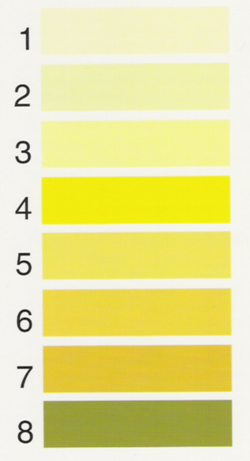I hope today finds you feeling well and well-rested. Today, I would like to talk about sleep and hydration. Here are some pointers on optimizing your sleep.
1. Get to bed on time! Ideally it is optimal to get to bed by 10:30pm as often as you can. If you need time to wind down then adjust your time and try to get to bed by 10pm. The reason for this is cortisol levels tend to drop throughout the day and especially as the sun goes down. With decreasing cortisol levels comes the rise of melatonin which is your sleepy hormone! Then cortisol rises again between 6am-9am inspiring you to rise in the morning. Additionally, most physical repair occurs between 10pm-2am and then after 2am more psychogenic repair occurs. This is important to consider especially if you are physically active and need to optimize your physical repair.
2. Minimize your exposure to bright lights for at least 2 hours prior to bed. The light will trick your body into thinking it is daylight and release cortisol. Since cortisol takes hours to clear this may affect your normal release of melatonin.
3. Avoid stimulants like caffeine after lunch. Caffeine has a half life of 6 hours, so it can hang around for awhile stimulating your nervous system.
4. Stay hydrated. Dehydration is a source of stress which will produce stress hormones.
5. Get some physical activity. Activity during the day helps with sleep at night. Be careful not to do intense cardiovascular activity too close to bedtime as this will increase your cortisol levels affecting your sleep. Optimally, train in the morning when your cortisol levels are highest.
Try these 5 tips out and see how it helps you.
Now onto hydration.
1. My recommendation to start it off is to drink half your bodyweight (in lb.) in ounces of water. This is the recommendation made by Dr. Batmanghelidj the author of, “Your Body’s Many Cries for Water”. So if someone weighs 200lb. this means they would need to drink 100 ounces in water a day. This will enhance your body’s ability to detoxify itself, run it’s many reactions, and maintain high physical and mental performance.
2. Monitor your urine color once you have implemented the above recommendation to see how hydrated you are getting. Modify from there. See the chart below:

You want to shoot for #1 and 2. Anything up from that means your progressively getting more dehydrated.
3. Use good quality water. Filtered water would be ideal. Pick a water with a total dissolved solids of 300ppm according to Dr. Martin Fox a specialist on healthy water. Evian would be an example of this. If you water is soft you can simply add a small pinch of high quality sea salt to it to bring it up to 300 ppm if you don’t salt your food. The water should not taste salty. This means you have added too much. Himalayan or Celtic sea salts are ideal as they possess important trace minerals. Do not use regular table salt for this or anything else.
Your next awareness homework is to observe your poop! Your poop can tell you how healthy your digestive system is.
Ideally, a healthy poop should be well-shaped and formed, pass easily, be light brown in color, smell earthy (not foul), and float. The definition of constipation are conflicitng amongst health authorities but the CHEK Institute recommends passing at least 12 inches of feces a day. Here is a quick tip. If your feces sinks, increase your plant foods! You could be eating too much animal flesh. If it really smells (Now I know that poop overall is not going to smell like a bed of roses! But I think many of you have been exposed to really stinky poops) than take a look at how much processed foods you are eating as many have a high amount of toxic additives or is made from toxic sources. Additionally, some medications can cause this too.
Awareness is all about getting to know yourself. This includes what goes in and out of ya! My next post will discuss different types of poops and getting active.
Until next time, may your lifeforce be with you!!

11 Responses to Awareness Con’t.d